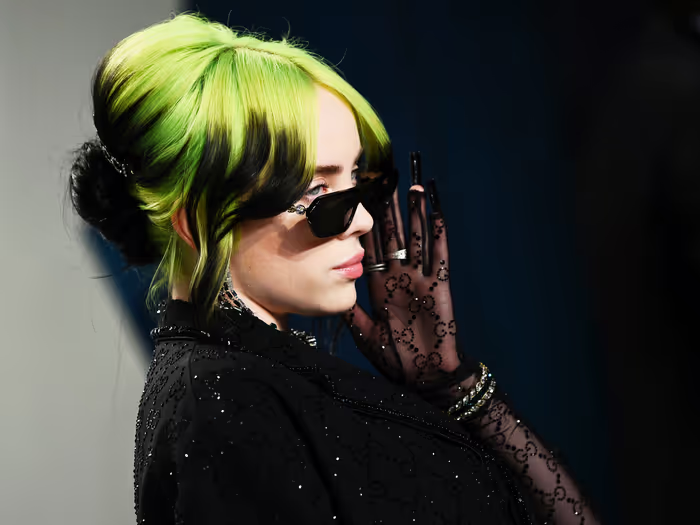How to Define Your Artist Identity
Defining your artist identity is crucial for standing out in the music industry. It's more than just your music—it's about who you are as an artist, your story, and how you connect with your fans across different platforms and touchpoints. This guide will walk you through the essential steps to creating a compelling artist brand.
1. Defining Your Artist Brand Identity
Your Artist Name
- Choose a memorable, unique name that reflects your style and persona.
- Ensure it's not already in use and resonates personally with you - you don’t want to direct music lovers towards someone else!
- Consider long-term growth in your genre and adaptiveness of the name over time - e.g. if a name is related to your age, will it work when you get older?

Artist Persona
- Define your values, vision, and the underlying themes in your music.
- Develop a narrative that highlights your journey, influences, and message - tell your story so music lovers grow attachments to you as an artist too
- Consider how cultural elements or personal experiences shape your identity.

Your Unique Selling Point (USP)
- Identify Influences: Consider your musical and cultural influences, genre, production style, vocal characteristics, and any signature effects that make you unique.
- Understand Your Genre: While genre-blending is common, recognising how you fit within certain categories can help you connect with niche audiences. Look at what you have a passion for too!

2. Developing Your Visual Identity
- Consistent Look and feel: Your visual identity should match your music and persona. This includes album artwork, merchandise, fashion, and social media presence - a fan should be able to match your visuals across different platforms without needing to know your name.
- Draw Inspiration: Look at artists you admire and how they integrate their music with their visuals - aim to find artists who are a year or two ahead of you, to see how they have tested and developed.
- Authenticity: Your style should naturally reflect your personality and artistic vision - its easy for a fan to see through someone not being genuine.

3. Crafting Your Messaging
- Tone of voice: Decide how you want to speak and interact with your audience. Your tone should align with your brand—be it casual, humorous, or socially conscious. Again, keep this as natural to yourself as possible.
- Engagement: Use social media to build a community. Share relatable stories, behind-the-scenes content, and interact with your audience through comments and live streaming.
- Central Themes: Focus on core message pillars that can become synonymous with your platforms, and fans can start to expect them. E.g. your creative process or social/political commentary.

Final Thoughts
Building a strong identity involves consistency across your brand voice, visual elements, and messaging to your fanbase. By maintaining this, you can craft deeper connections with your audience.
Ready to define your artist identity?
Head back to the un:hurd app to explore more tools and resources for building your artist brand.
Not an un:hurd user yet?
Join thousands of independent artists who are using un:hurd to streamline their music marketing and maximise their impact. Sign up today!



